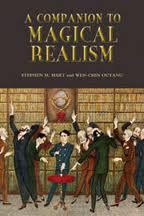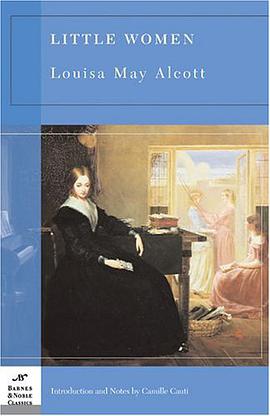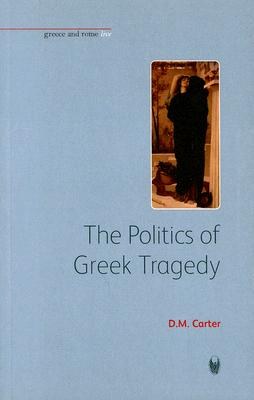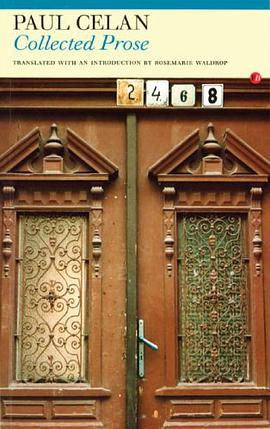

具体描述
Christened the New World, Latin America represented a new beginning for Spanish colonists. In fact, the discovery of Latin America was only part of a continuing, worldwide search for new resources: fertile land, precious metals, and slave labor. Nevertheless, this idealized image of Latin America continues to dominate interpretations of "natives," who are transformed into marginalized, romanticized figures, either unusually wise or wildly heroic. "Transatlantic Translations" refigures Latin American narratives outside of this standard postcolonial framework of victimization and resistance. Julio Ortega traces the ways in which Latin America has been represented through the works of many "native speakers," including Juan Rulfo, Gabriel Garcia Marquez, and Juan Maria Gutierrez. Language, Ortega reveals, was not solely a way for colonizers to indoctrinate and civilize; instead, it gave Latin Americans the means to tell their own history. Spanning literatures from the early modern period to the present day, the essays in "Transatlantic Translations" demonstrate the rich history of shared language between old and new worlds.
作者简介
目录信息
读后感
评分
评分
评分
评分
用户评价
相关图书
本站所有内容均为互联网搜索引擎提供的公开搜索信息,本站不存储任何数据与内容,任何内容与数据均与本站无关,如有需要请联系相关搜索引擎包括但不限于百度,google,bing,sogou 等
© 2026 book.wenda123.org All Rights Reserved. 图书目录大全 版权所有




















